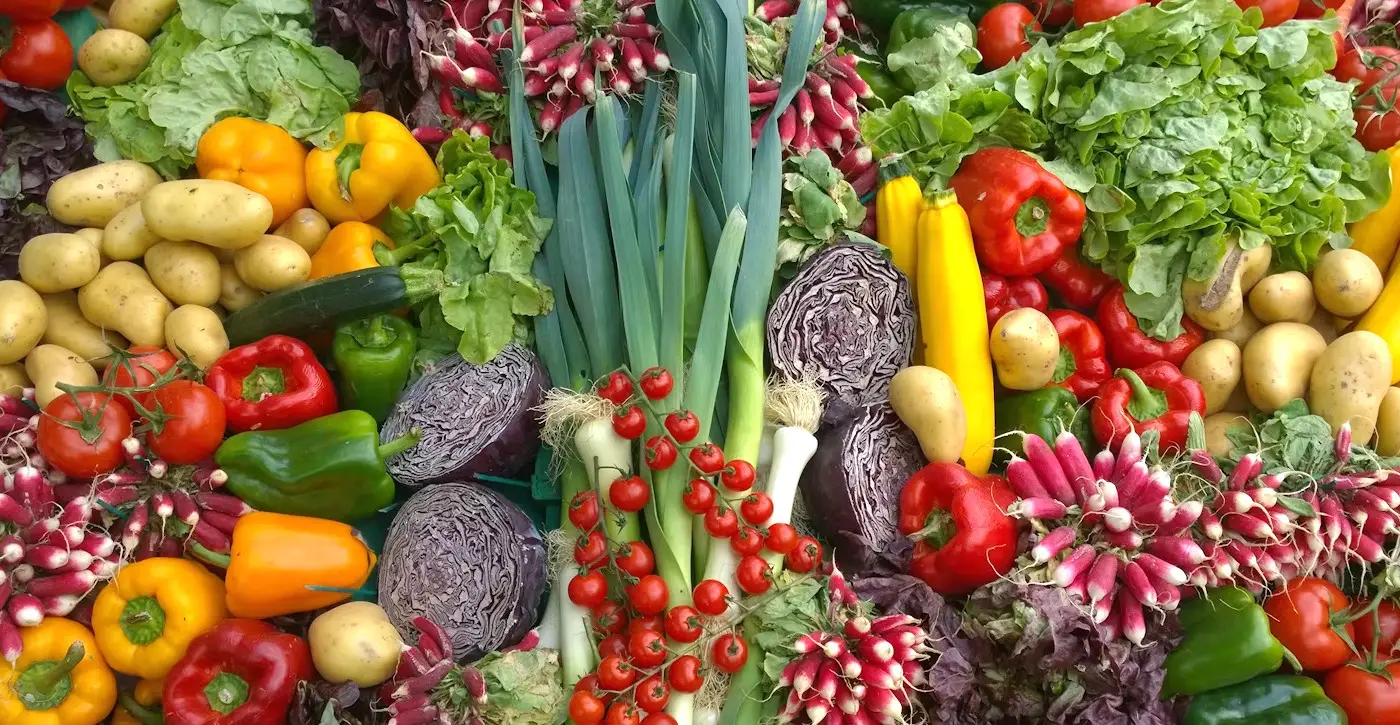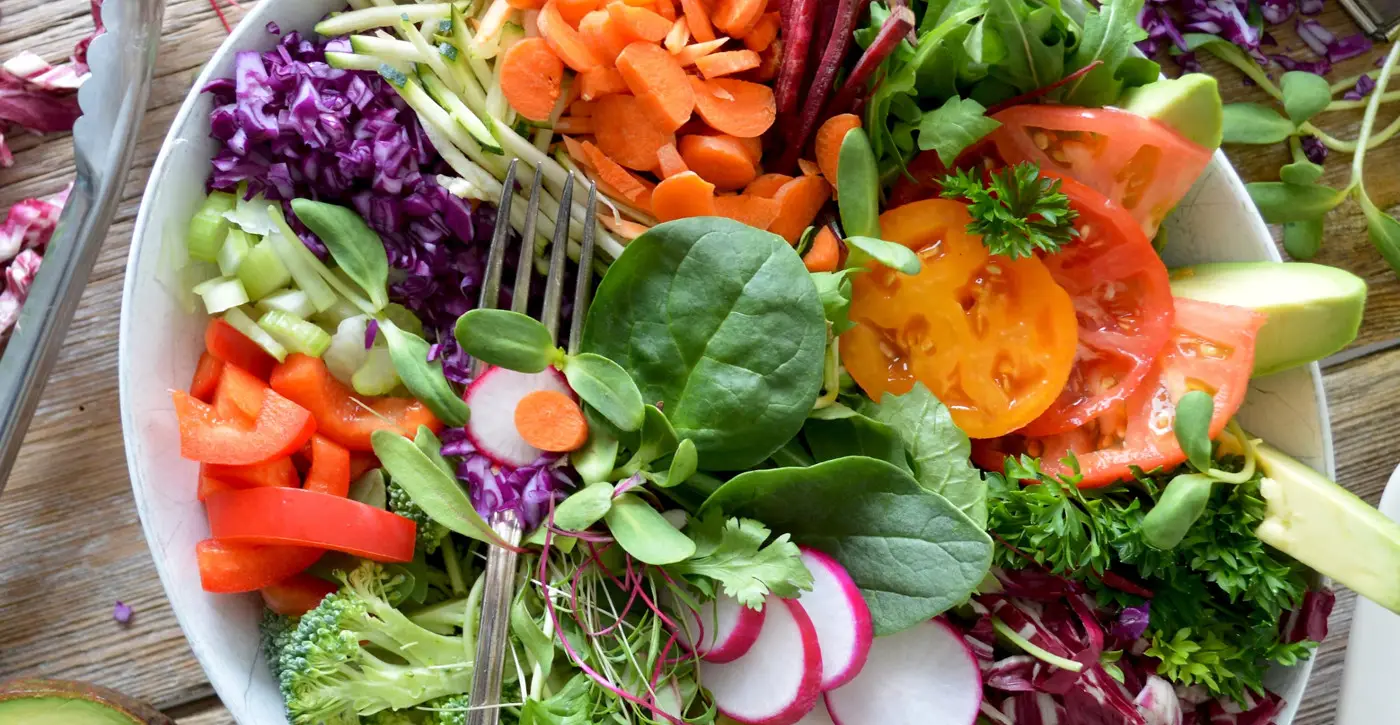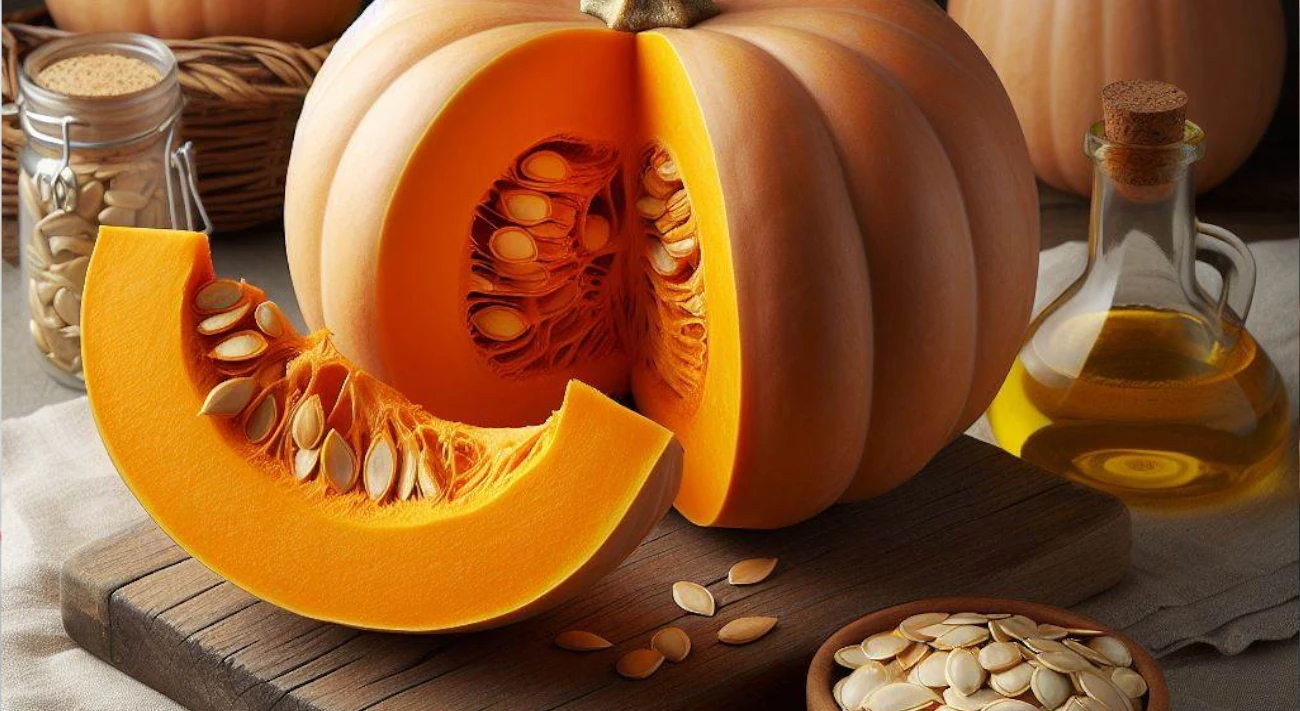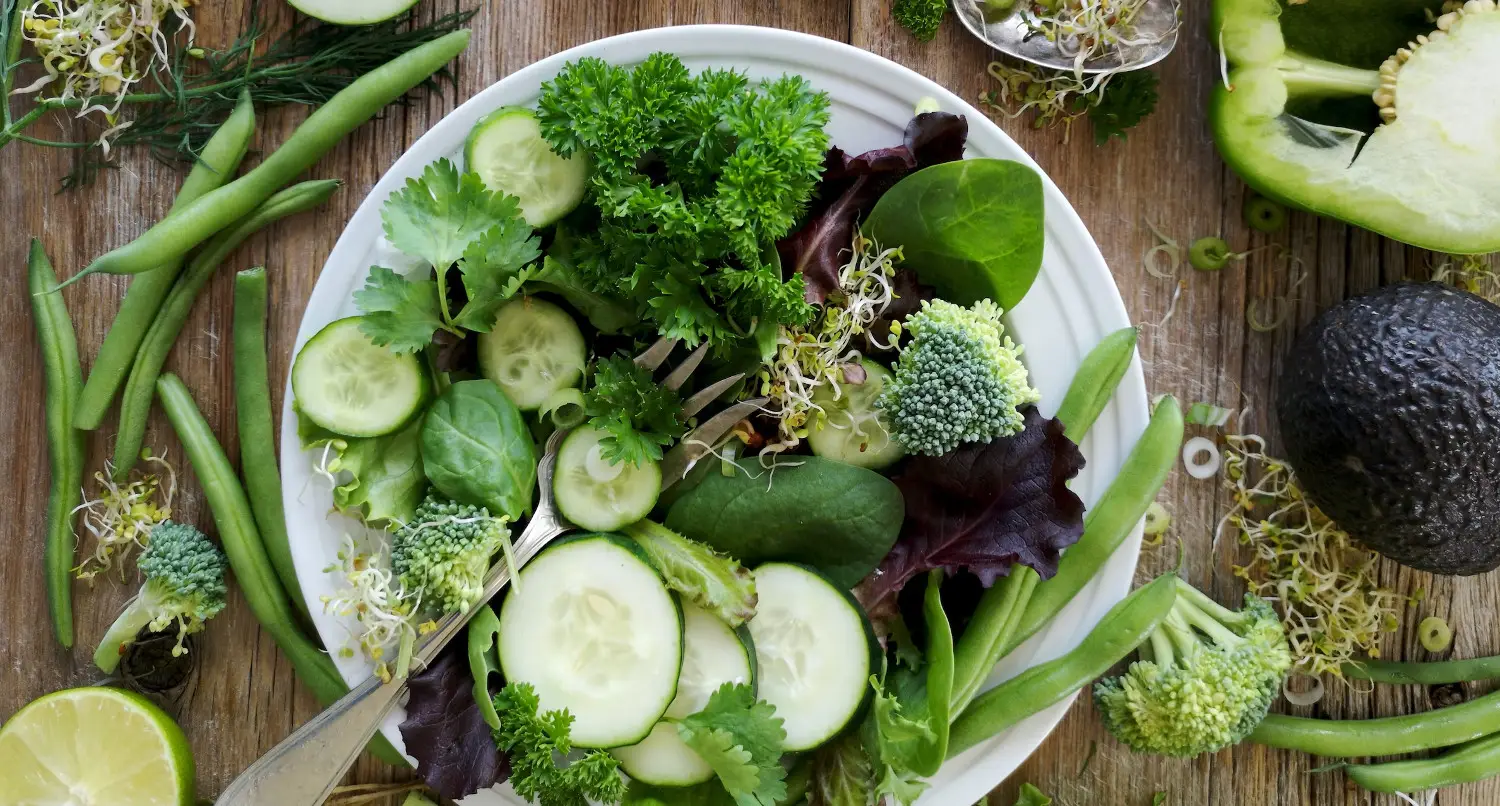Eggplant Lysine and Arginine Info Sheet
Overview
Eggplant is a purple, oval-shaped vegetable that has a spongy and slightly bitter flesh.It is also known as aubergine or brinjal, and belongs to the nightshade family.
It is low in calories and high in fiber and antioxidants.
Eggplant can be eaten baked, roasted, grilled, or fried. It is often used in dishes such as ratatouille, moussaka, baba ganoush, and eggplant parmigiana.
| Name | Lysine (mg/100g) | Arginine (mg/100g) | Ratio |
|---|---|---|---|
| Eggplant | 42mg | 50mg | 0.84 |
Eggplant contains 42mg of Lysine and 50mg of Arginine per 100g of product.
This means Eggplant has a neutral Lysine-Arginine ratio of 0.84.
Because Eggplant has a neutral ratio of lysine and arginine, it does not have a significant impact on people who suffer from herpes, as it does not affect the viral activity.
Lysine Considerations
Eggplant is not a good source of lysine, as it contains only 42 mg of lysine per 100 grams of food.
Lysine is an essential amino acid that is important for protein synthesis, collagen formation, and immune function.
Lysine has the potential to prevent or treat cold sores, which are blisters caused by the HSV-1 virus, also known as herpes.
Lysine operates by stunting the proliferation of HSV-1, which relies on another amino acid, arginine, to reproduce and infect cells.
Lysine can only be acquired through our diet, and is present in many high-protein foods such as eggs, dairy, fish, meat and poultry.
Arginine Considerations
Eggplant is also not a good source of arginine, as it contains only 50 mg of arginine per 100 grams of food.
Arginine is a semi-essential amino acid that is involved in nitric oxide production, wound healing, and blood pressure regulation.
Arginine has many benefits for our wellbeing and performance, such as lowering blood pressure, enhancing wound healing, and increasing exercise endurance.
Arginine can also affect the herpes virus, which causes cold sores and genital herpes.
Studies suggest that arginine may help the virus grow and cause outbreaks, so people with herpes may want to avoid foods that are high in arginine or take lysine supplements to block its effects.
Lysine-Arginine Ratio
Eggplant has a low lysine-arginine ratio of 0.840, which means it has more arginine than lysine.
This ratio may affect the balance of these amino acids in the body, and may have implications for viral infections, such as herpes simplex virus (HSV), which requires arginine for replication.
Lysine and arginine are both amino acids that are involved in protein synthesis and other metabolic processes.
That said, they have opposite effects on the herpes simplex virus, which causes cold sores and genital herpes.
Lysine can prevent the replication of the virus, while arginine can stimulate it.
Because of this, eating foods that have a high lysine-arginine ratio may help reduce the frequency and severity of herpes flare-ups.
Some examples of foods that have a high lysine-arginine ratio are milk, cheese and yogurt, fish, poultry, fruits, and vegetables.
These foods can provide the body with enough lysine to block the availability of arginine by the virus, and thus prevent its growth and spread.
Dietary Considerations
Most vegetables are poor in in calories and a decent source of in vitamins, minerals, and antioxidants.
Many vegetables have more lysine than arginine, such as beets, turnips, tomatoes, soybean sprouts, potatoes, celery, sweet potatoes, squash, and green beans.
These vegetables can help prevent or treat herpes outbreaks, as lysine can suppress the herpes virus.
Other vegetables have more arginine than lysine, such as peas, carrots, broccoli, cauliflower, and mushrooms.
These vegetables can still be consumed in moderation, as they have other health benefits.
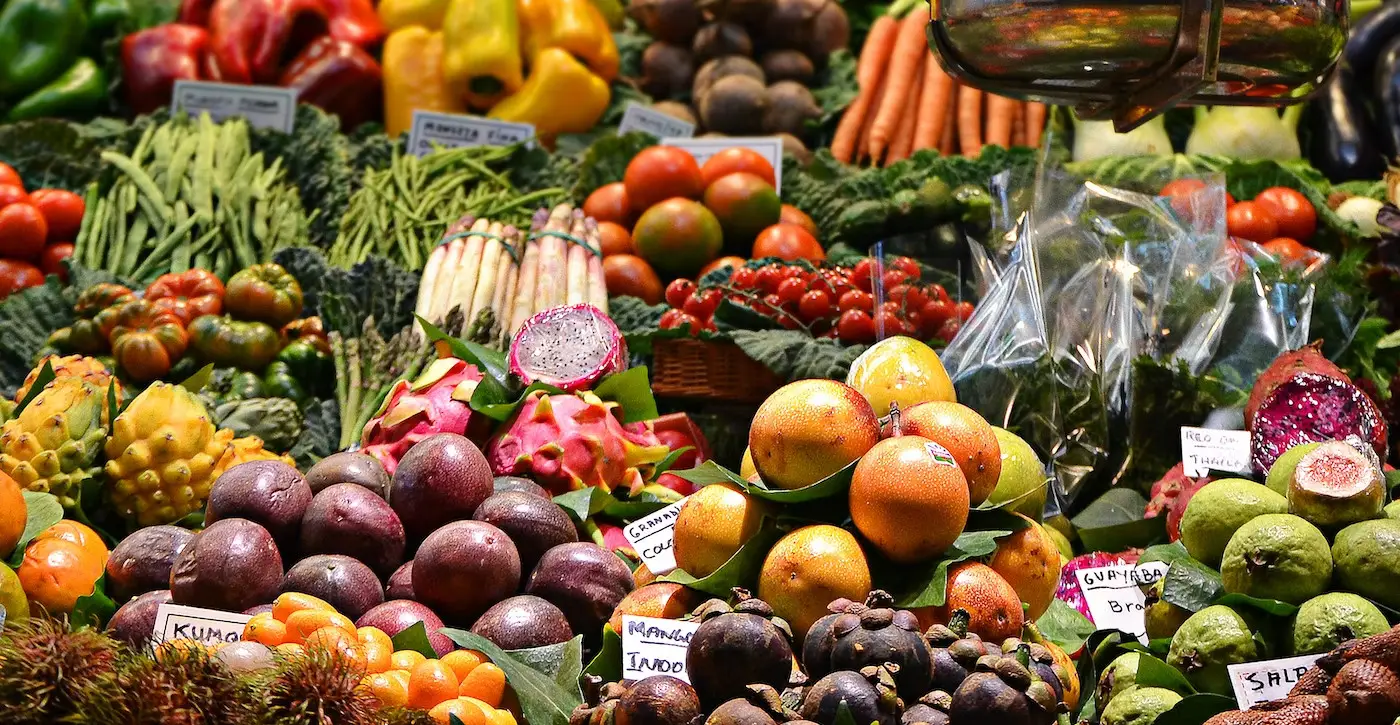
For example:
A well-balanced and healthy diet that strengthens your immune system and lowers inflammation is important.
This means you should eat a lot of fruits, vegetables, whole grains, lean protein, and good fats, and avoid processed foods, added sugars, alcohol, and caffeine.
Make sure to drink plenty of water to keep yourself hydrated and eliminate toxins from your body.
Water can also help you avoid dryness and irritation of the skin and mucous membranes, which can lead to outbreaks.
L-lysine supplementscan help you prevent herpes outbreaks and stop a cold sore before it develops by depriving the virus of arginine, which it needs to form a cold sore.
Other food supplements, such as vitamin C, zinc, selenium, and antioxidants, can help you boost your immunity and protect your cells from oxidative stress.
To prevent outbreaks, avoid foods that can cause allergic reactions or sensitivities, such as gluten, dairy, nuts, eggs, or shellfish.
These foods can harm your immune system and make inflammation worse.
Pain, swelling, and itching can be reduced by eating foods that have anti-inflammatory, antiviral, and antibacterial properties, such as honey, yogurt, aloe vera, and chamomile.
These foods can also help you heal faster by promoting tissue repair.
Check more food information
